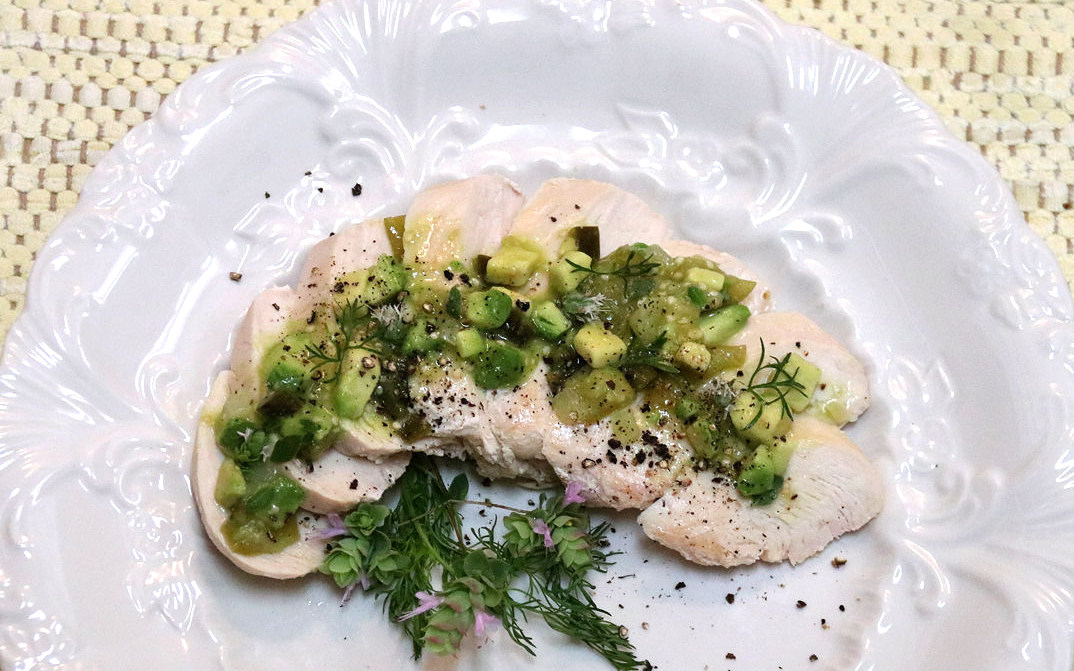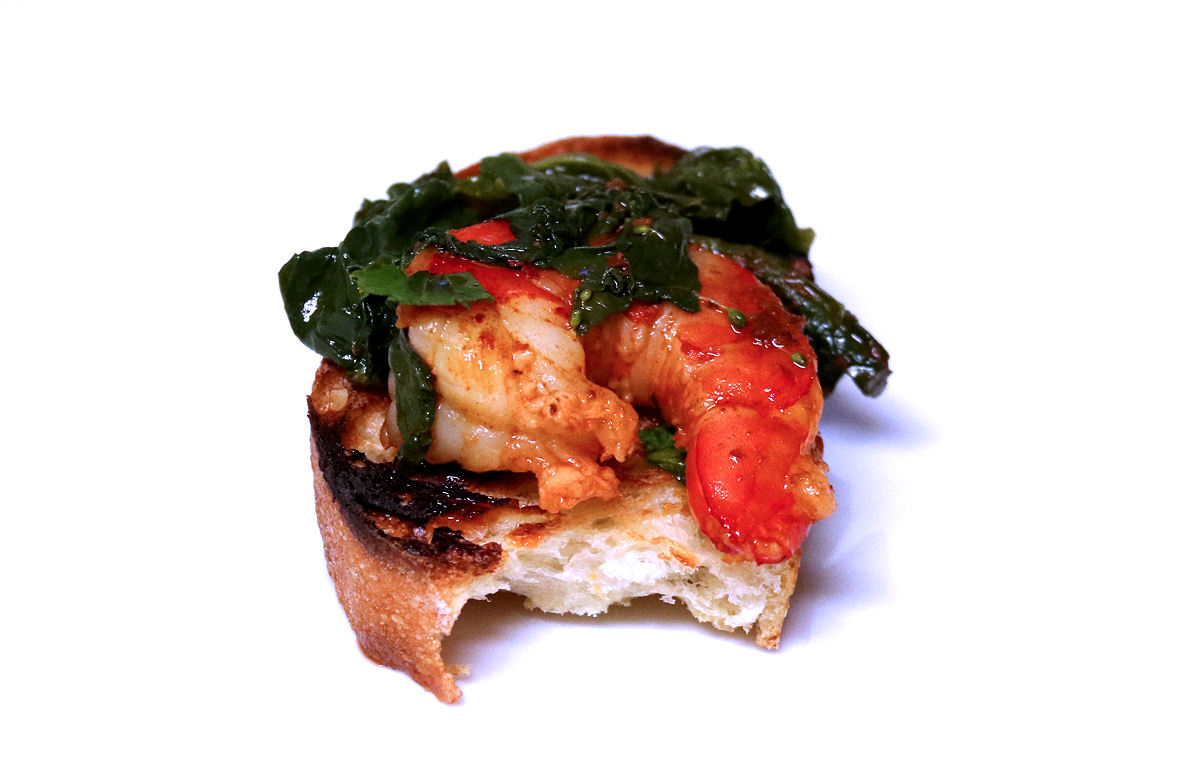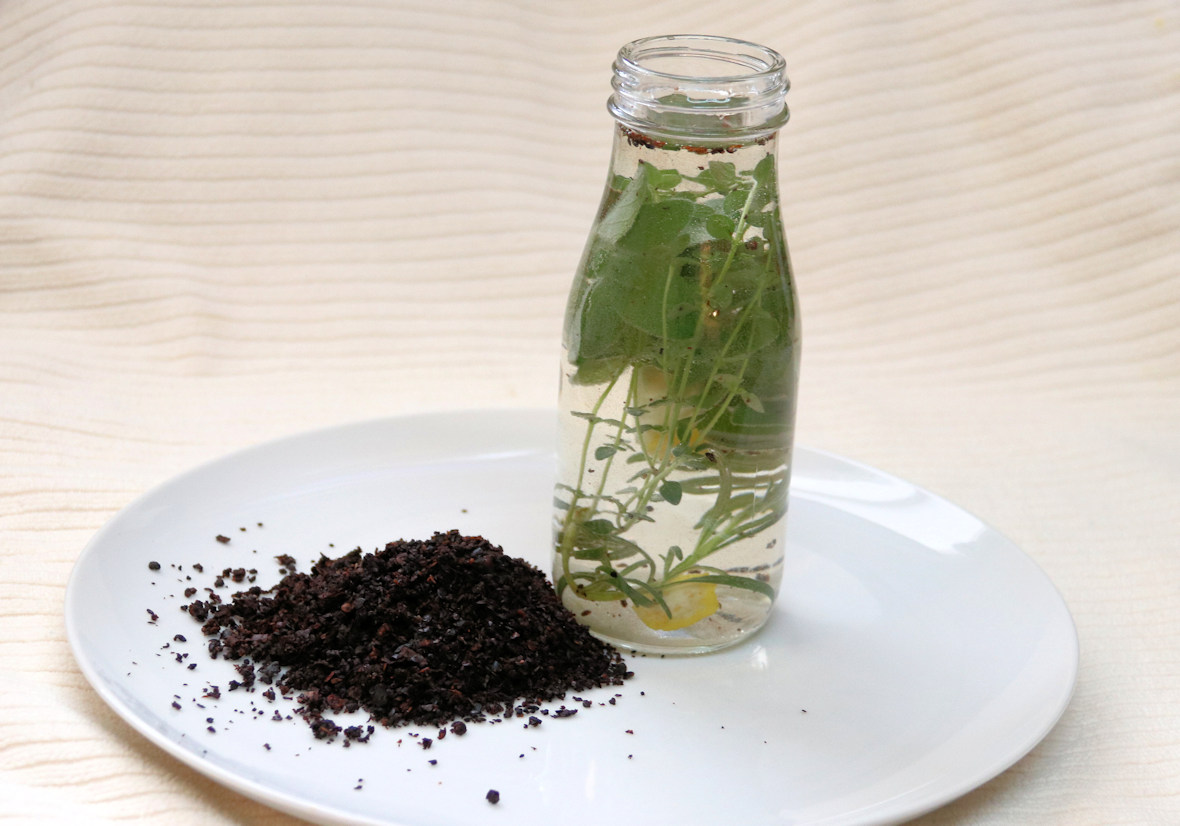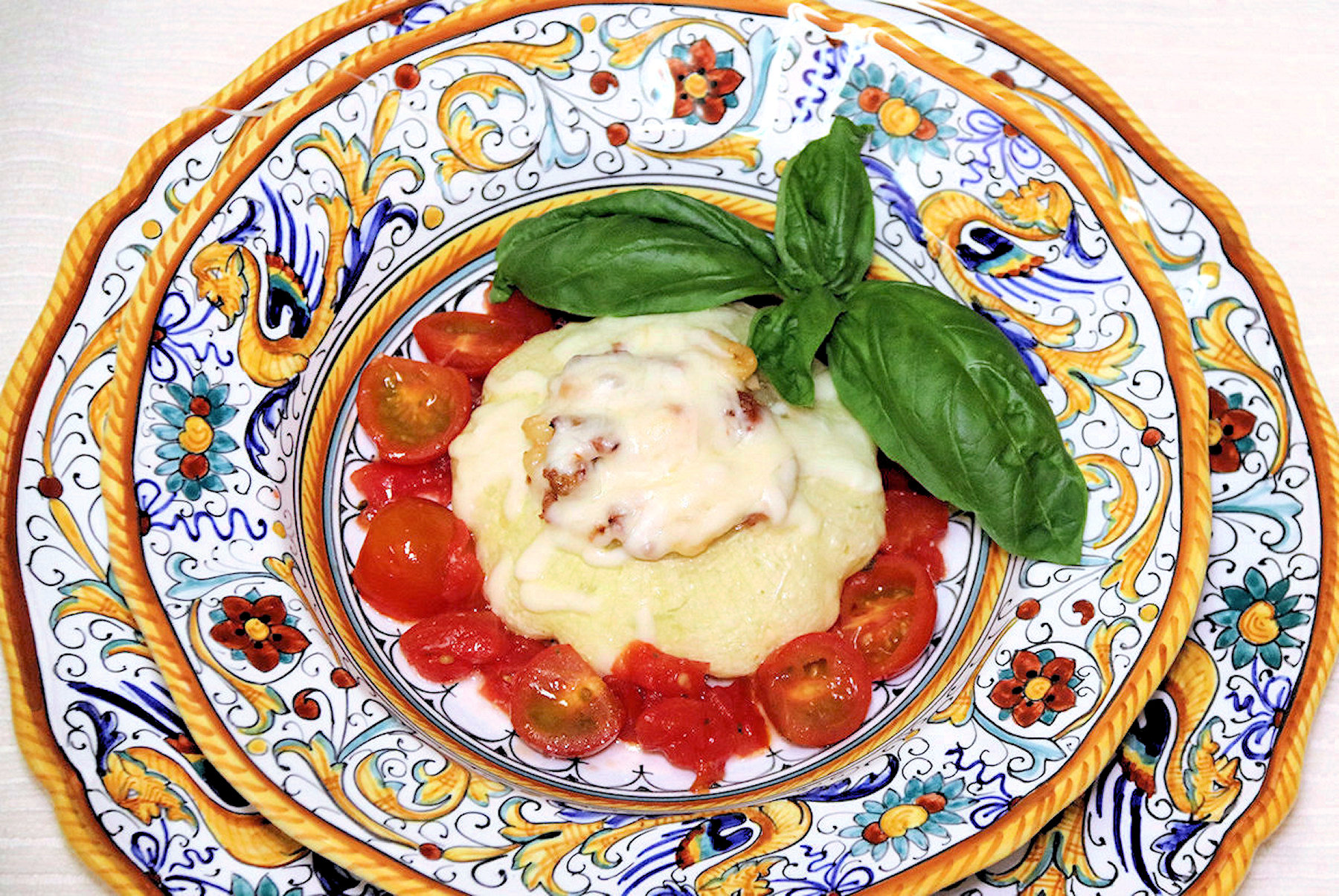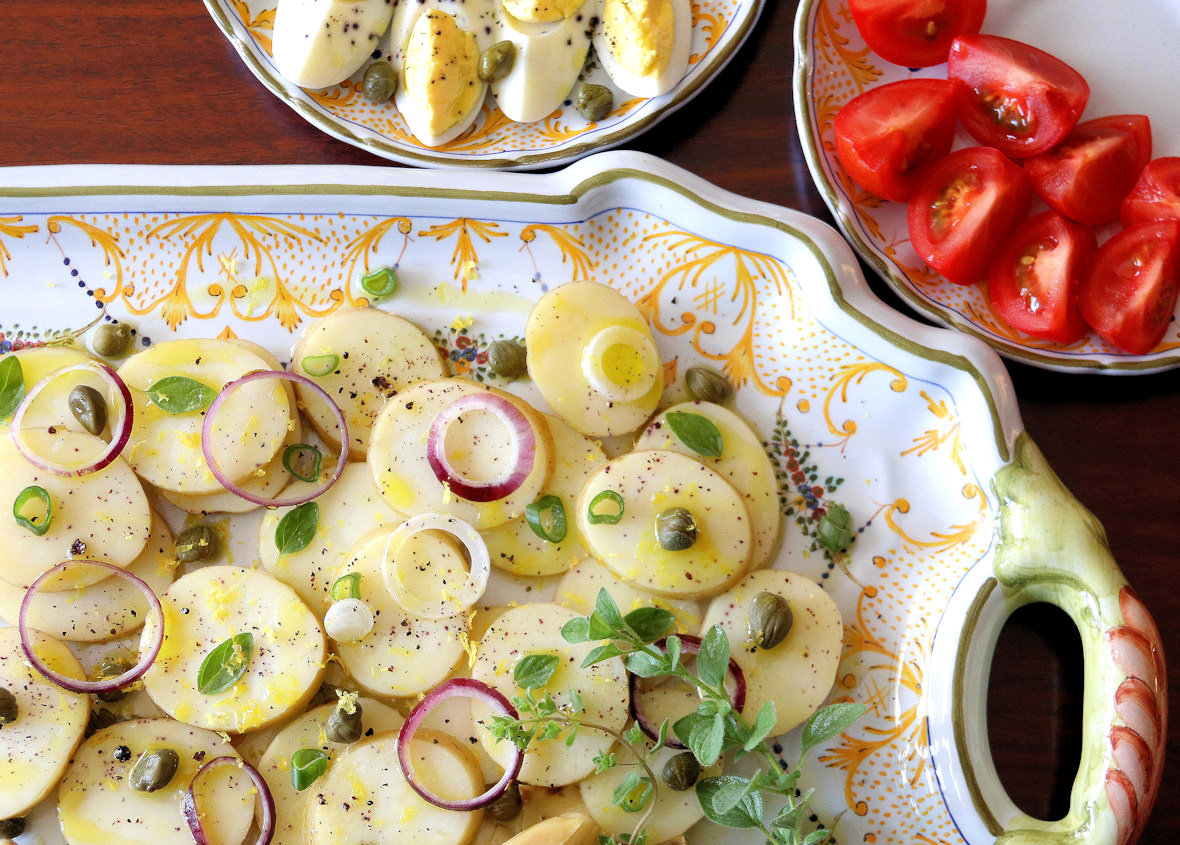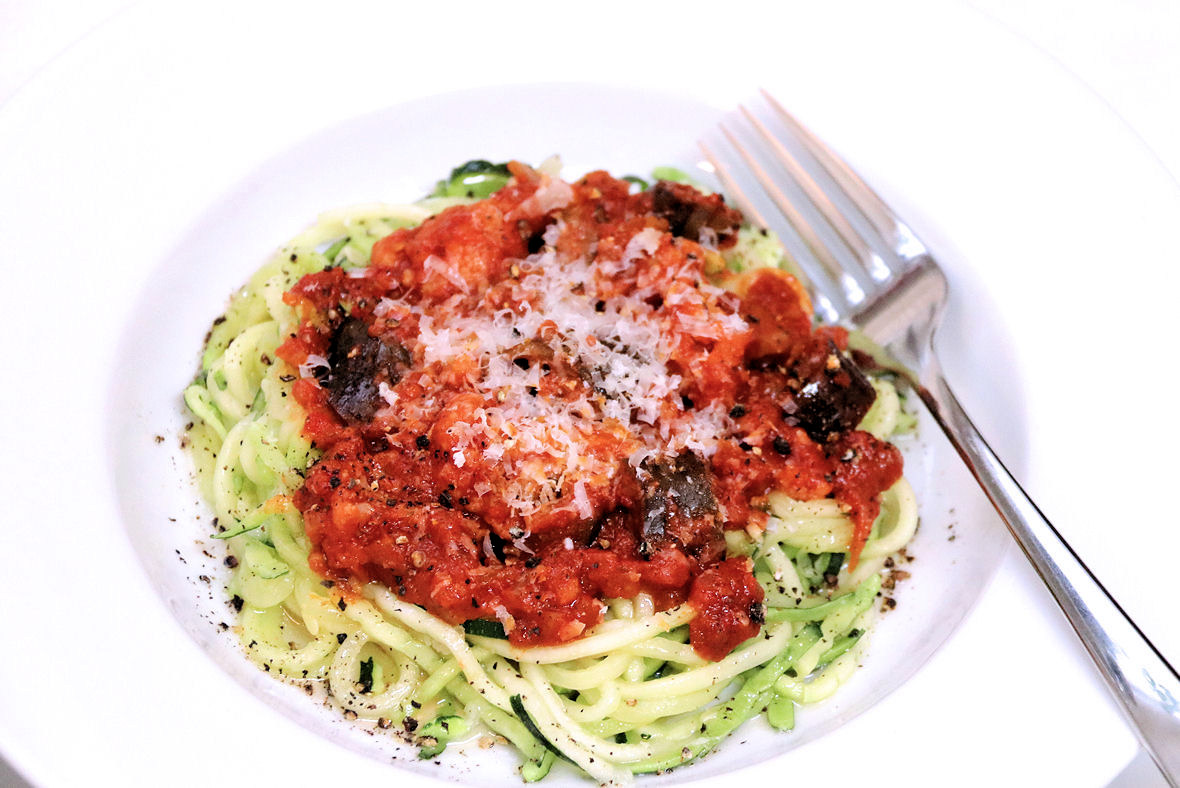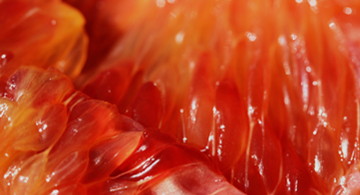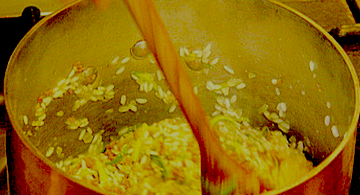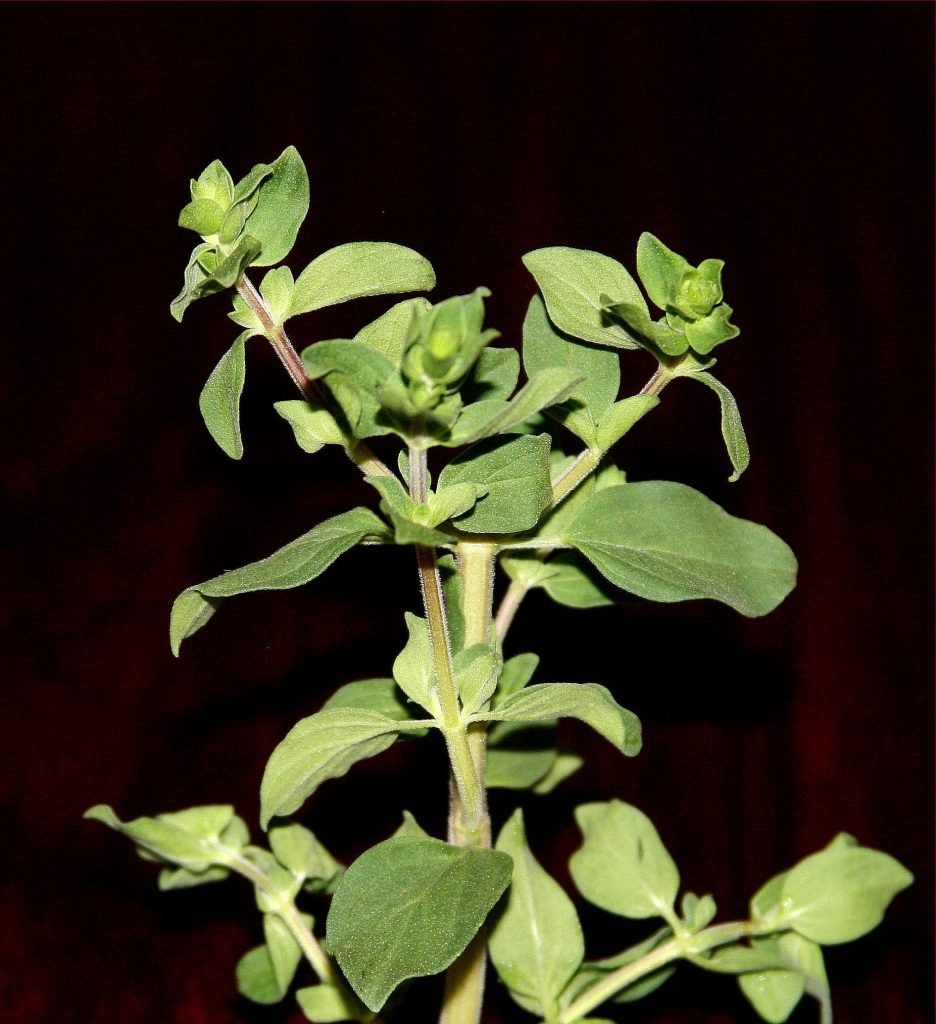
Oregano is a member of the marjoram family and historically is known as Wild Marjoram. Its name comes from the Greek words oros, mountain, and ganos, joy. Growing wild in many Mediterranean countries, it flourishes in hot, dry areas. There are many subspecies including Origanum vulgare hirtum, or Italian oregano. Native to Europe and the Mediterranean, it is used widely in most Mediterranean, Mexican, Central American, and Latin American cuisines. As a medicinal plant, oregano is the ultimate natural antibiotic.
Traditions: Hippocrates (circa 460 B.C.E.-circa 377 B.C.E.) recommended oregano as an antiseptic and as a cure for various stomach and respiratory ailments. From Book III, On Right Pleasure and Good Health, Platina (1421-1481 A.D.) #37. On Wild Marjoram.
“Some think it is called origanum in Greek because it colors wine, but it ought to be called oregoenum if this is really true. A great change has been made in the name of this herb, since the Greeks called it eradium and oeniten. Marjoram is more effective in medicine than in food, the cultivated no less than the wild. Ground with white wine and taken to drink, it resists the poisons of scorpions and spiders. It combats indigestion, and given with warm water it soothes griping of the stomach.”
Applications: It is a strong antiseptic for the respiratory system, and helps fight pneumonia and bronchitis. It helps heal wounds and burns. It aids the respiratory system, boosts the immune system, and has shown promise with its anti-tumor properties in research.
Chinese Medicine: Oregano is used to treat digestion issues including parasites, diarrhea, and fungal infections.
Oregano Essential Oil: Oregano essential oil is one of the most important antiseptic oils in aromatherapy. Its phenol content, which is responsible for the strongest anti-bacterial action, is the highest among aromatic plants. Naturally an antibiotic, it contains carvacrol and thymol, two compounds with anti-bacterial and anti-fungal properties. It is excellent for treating skin conditions including eczema, psoriasis, and countering the pain of shingles and neuralgia. Add one drop of oregano oil to a glass of water and use it as an excellent oral rinse for gum and dental infections. It is considered to have anti-microbial properties against air-borne pathogens such as Listeria monocytogenes and a few drops of oil can be added to household cleaning solutions to effectively reduce mold. Avoid use during pregnancy.
Culinary Uses: Oregano is one of the few herbs that tends to be more flavorful in its dried form compared to fresh. It marries naturally with assertive, hot and spicy dishes unlike delicate herbs such as basil and parsley. With its pungent aroma and taste, oregano is often used as the sole herb in a dish, although strong flavors of garlic and onion accompany it well. Many recipes you make that include eggplant, green beans, potatoes, or cannellini beans can be given an extra dash of flavor with it added to the dish. Eggplant parmigiana wouldn’t taste the same without oregano, now would it?
* This synopsis imparts valuable information that could be beneficial as part of a wellness program. Its purpose is to open the thought process to consider including herbs and spices as natural supplements in personal regimens. Briefly stating how the plant was valued and used historically in different ages and cultures, it lists some current uses. If interested in this particular plant, please extend your research via books and articles for more details and uses.
With increasing interest for including alternative therapies with standard drug therapy, research continues, so this topic evolves continuously. Please consult your wholistic and holistic practitioners, homeopaths, nutritionists, dentists, and physicians to keep yourself updated if you choose to incorporate or ingest the plant in any form for medical purposes.


